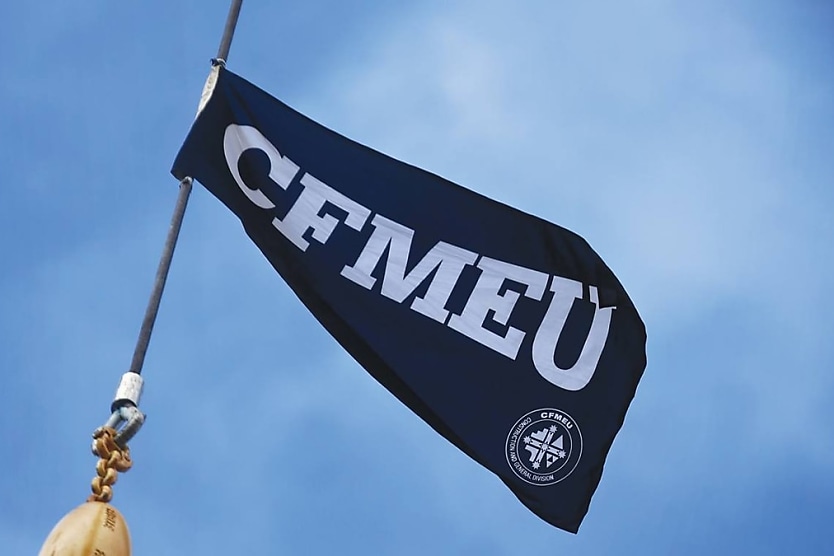Industrial disputes at highest level in decades
SHARE THIS ARTICLE

New data has highlighted the large number of industrial disputes that have taken place over 2024, with one of the standouts being the CFMEU saga.
Industrial disputes have dominated workplace discourse for 2024, with numerous stand-offs between labour unions and employers taking place across industries. Now, data from the Australian Bureau of Statistics (ABS) has confirmed the rates of industrial disputes are the highest since September 2012.
One of the more polarising examples of industrial action was that of the large protests staged by the Construction, Forestry and Maritime Employees Union (CFMEU) based on allegations of corruption, bullying and lawlessness that were levied against the organisation, which resulted in the government forcing it into administration.
The CFMEU saga has gripped the building and construction industry, which, according to ABS data, accounted for 59 per cent of the total working days lost across the entire Australian economy. Adding onto that, the data showed that in the building and construction industry alone, 27,500 working days were lost over the September quarter – triple the amount of the June quarter.
Per 1,000 employees, September saw 25.6 days lost, up from 7.9 in June, an increase of over 300 per cent, highlighting the increased disputes that occurred over the September quarter. This data also only accounts for the lawful and reported industrial action in the industry and does not factor in unlawful and intimidatory union conduct.
According to Master Builders, this yet again proves why a Construction Industry Compliance and Corruption Agency (CICCA) must be established by the government.
“In the middle of a housing and cost-of-living crisis, we need industry to be working at its peak,” said Shaun Schmitke, deputy chief executive and national director IR, safety and contracts.
“Long and unnecessary industrial disputes lead to higher costs and longer wait times for much-needed housing and supporting infrastructure.”
“This is exactly why the building and construction industry needs an industry-specific regulator, starting with the removal of pattern bargaining, which holds businesses and clients hostage.”
The CICCA would act as a central body to oversee, investigate and enforce compliance with a range of special industry-specific rules, laws and obligations.
“Pattern bargaining gives the CFMEU unwarranted leverage and seriously puts at risk the viability of projects if the union’s pattern deal is not signed,” said Schmitke.
“The federal government needs to do more. Placing the CFMEU into administration does not go far enough to address the structural and cultural challenges in the industry and ensure change is permanent.”
RELATED TERMS
Industrial relations is the management and evaluation of the interactions between employers, workers, and representative organisations like unions.
Kace O'Neill
Kace O'Neill is a Graduate Journalist for HR Leader. Kace studied Media Communications and Maori studies at the University of Otago, he has a passion for sports and storytelling.

